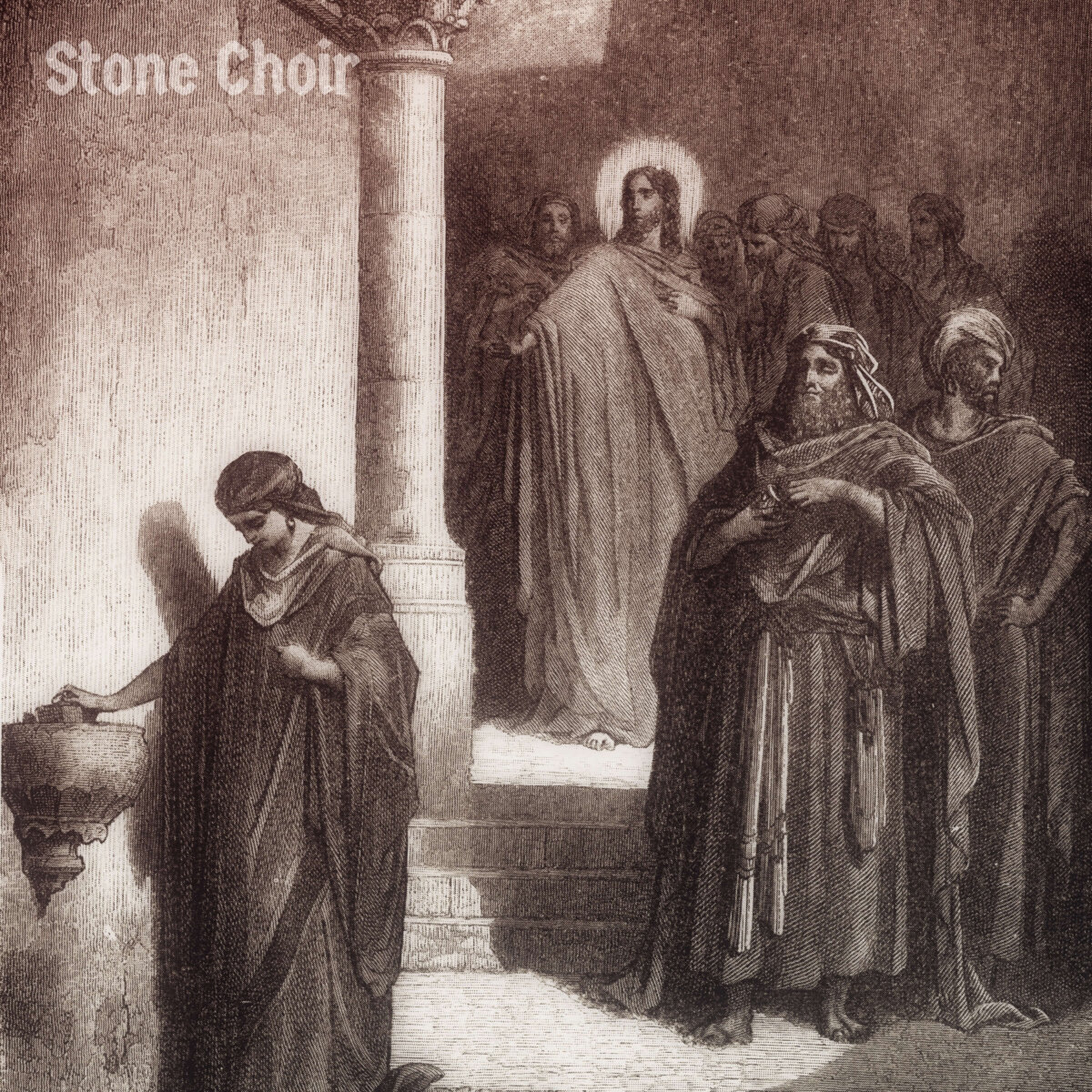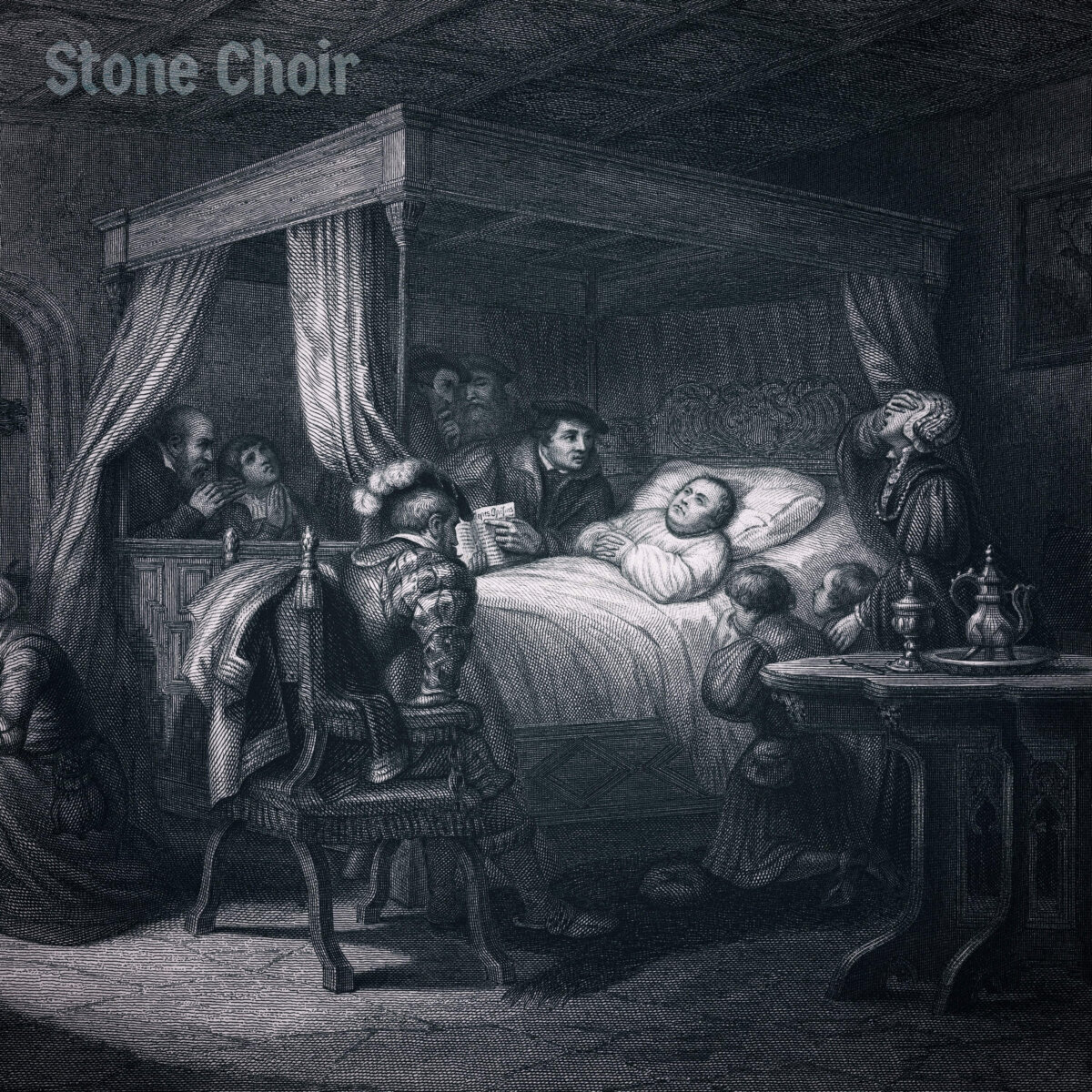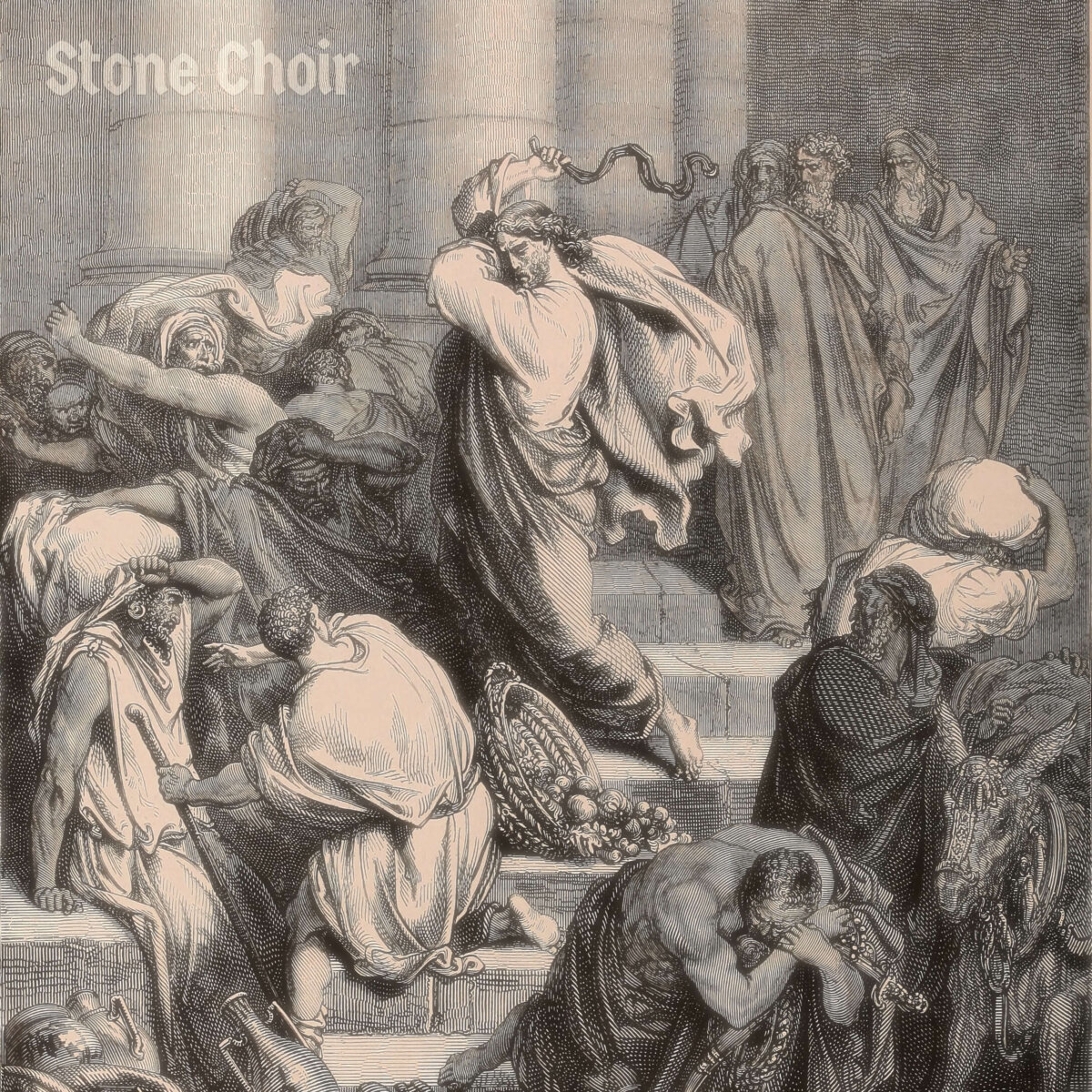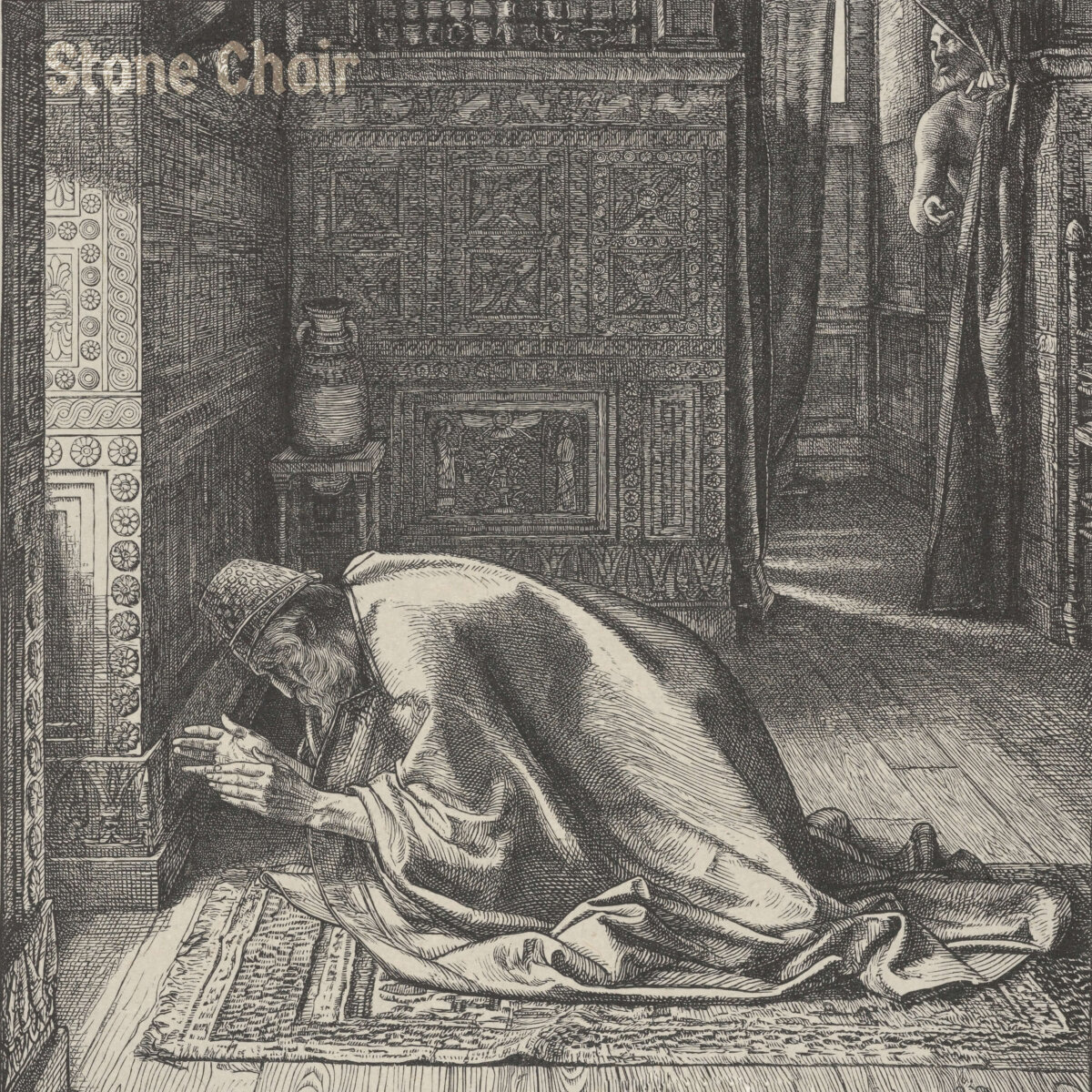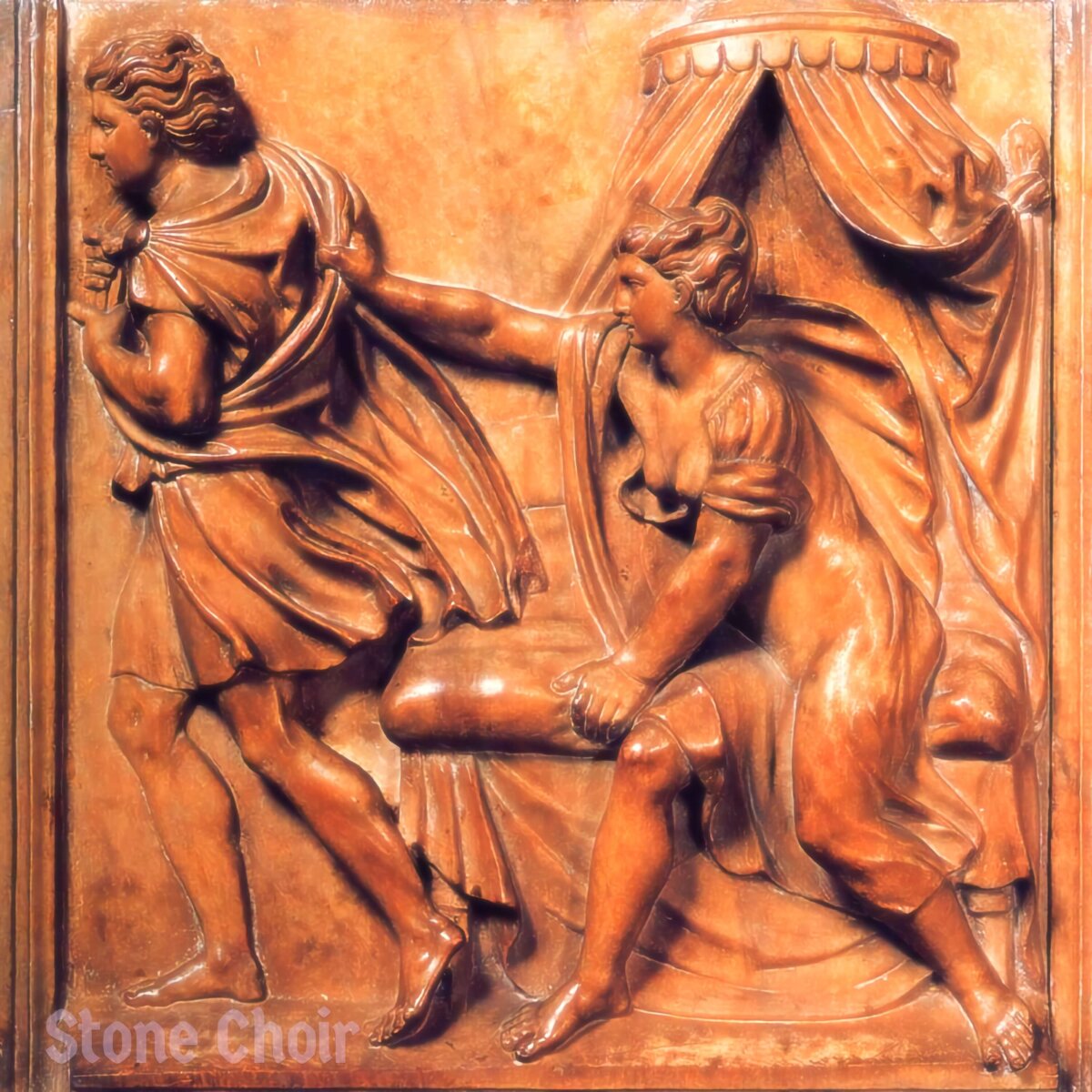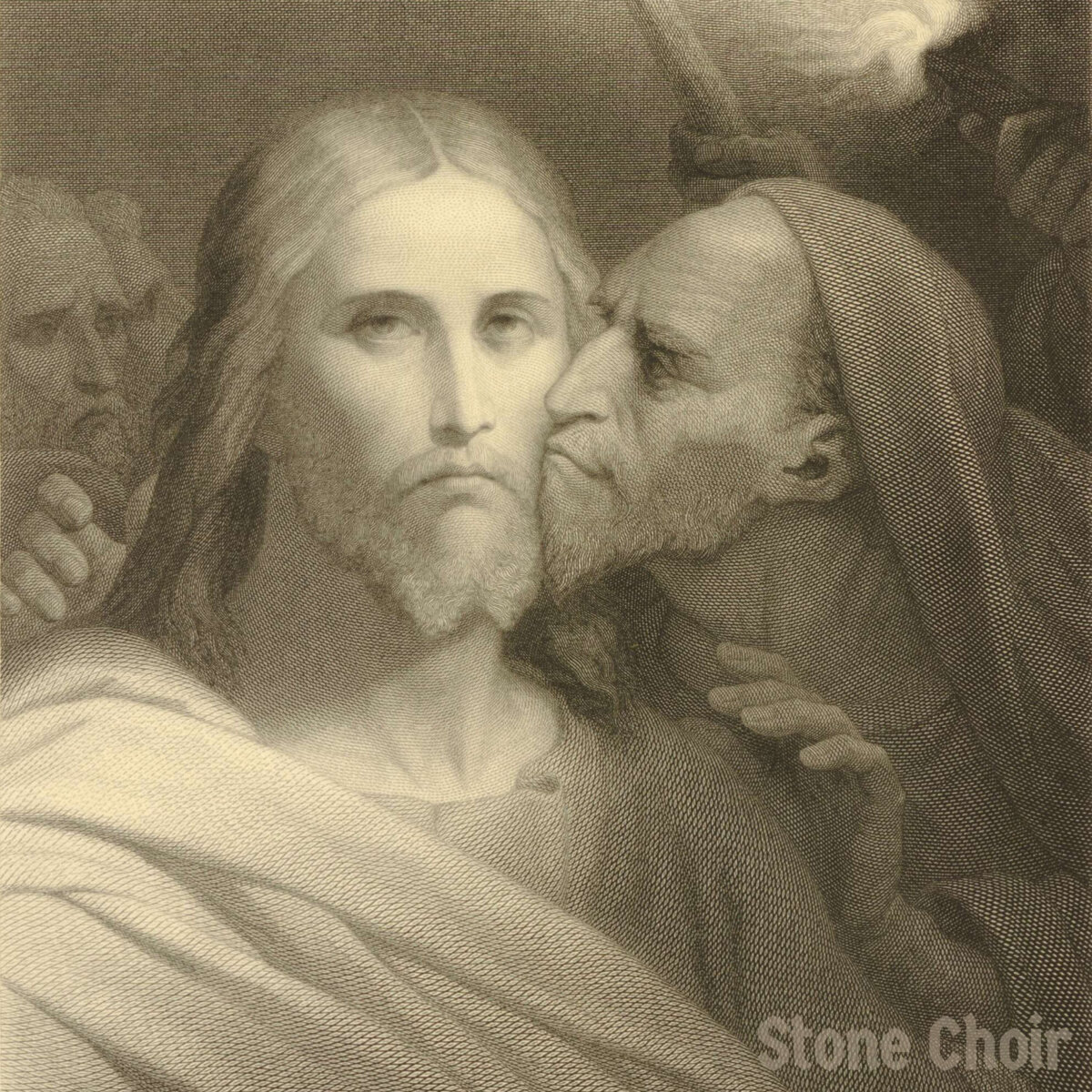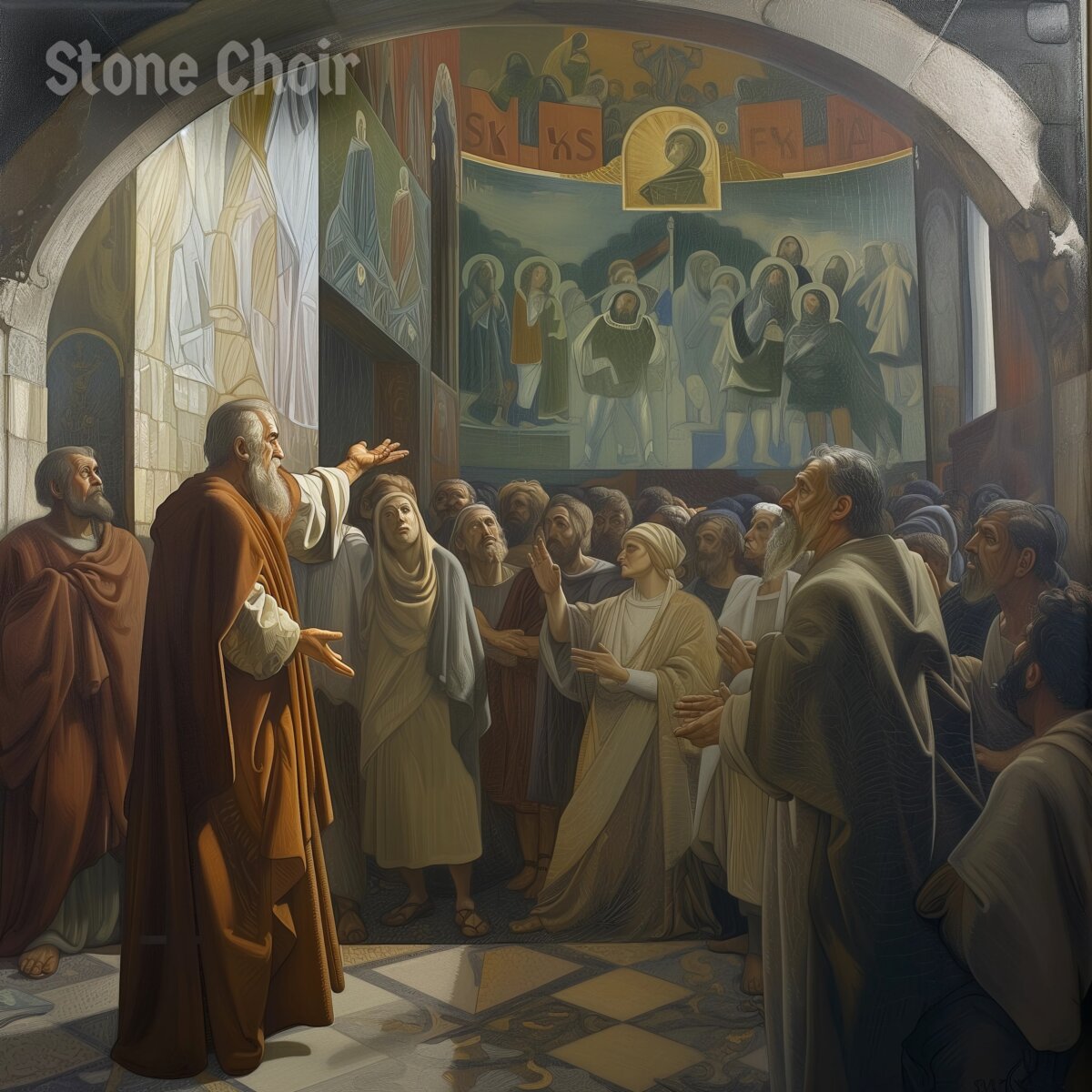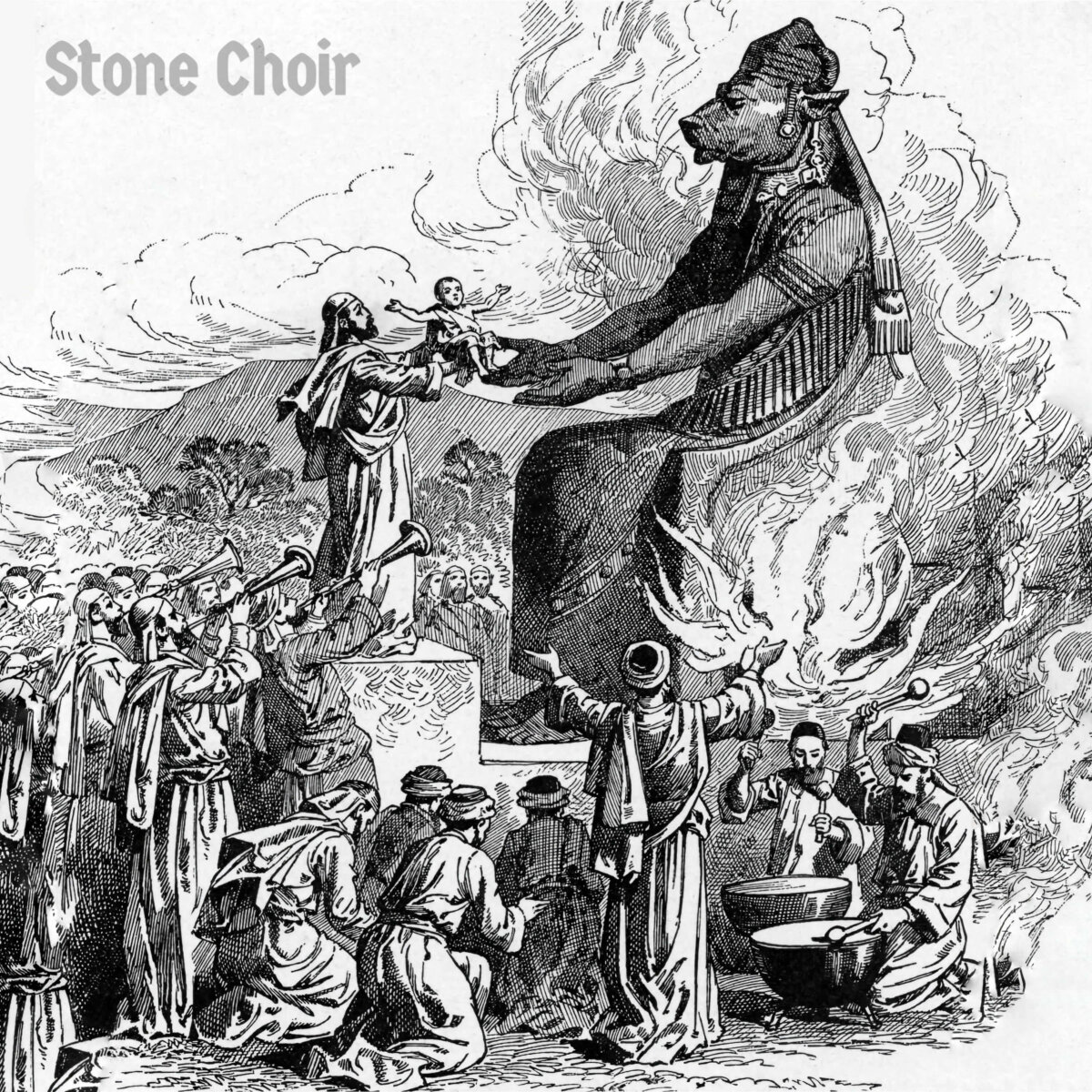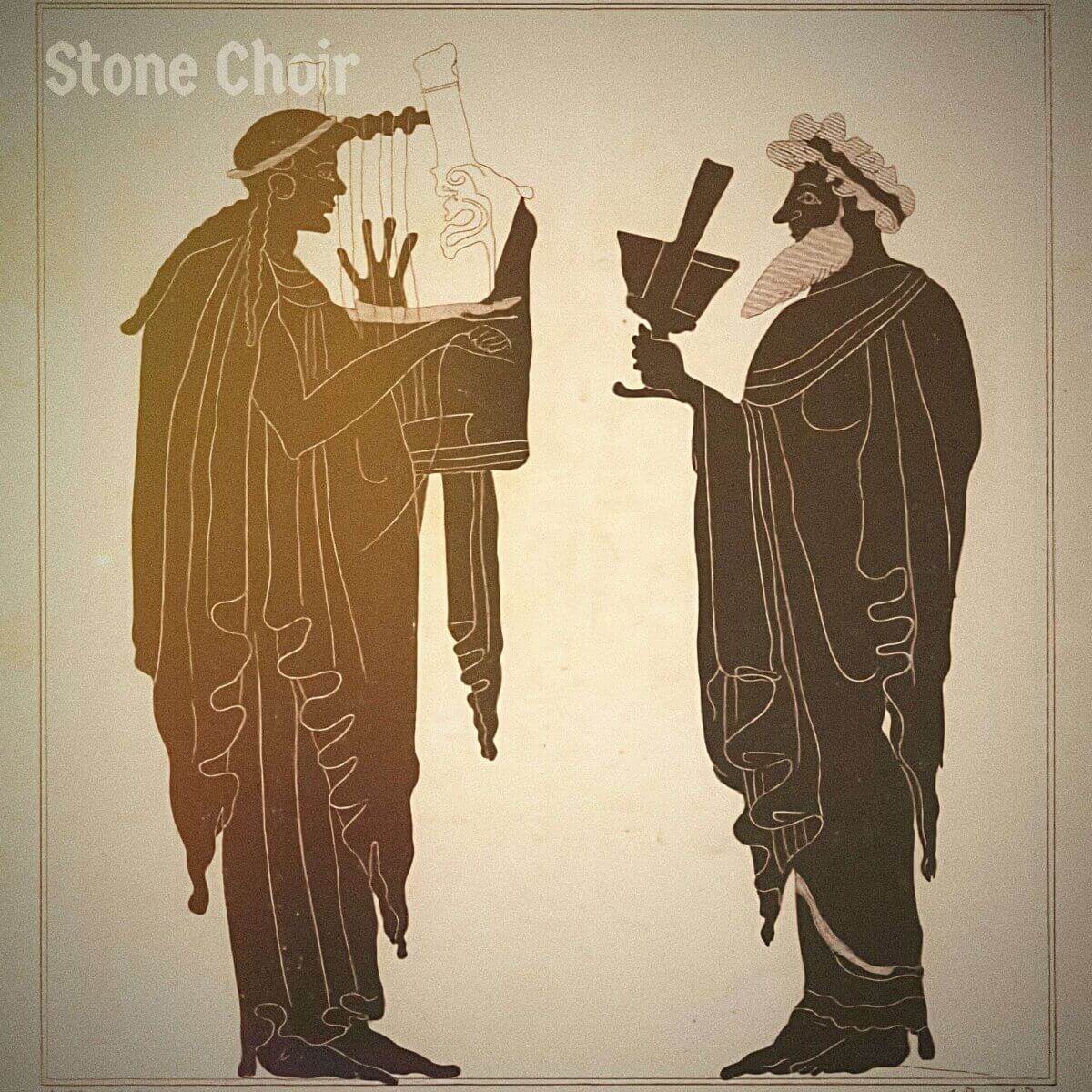Tithing
Podcast: Play in new window | Download (Duration: 1:39:55 — 194.5MB) | Embed
Subscribe: Apple Podcasts | Spotify | Amazon Music | Youtube Music | More
Hosts

Corey J. Mahler

All that we have comes from God. As we covered in the episode on jealousy, we are, in fact, to be jealous, to be protective, of the things that are ours. However, this must be balanced against the fact that much of what we hold we hold in trust. There are things which are solely ours and there are things which are ours for the sake of serving God and neighbor.
Ultimately, we are stewards of this Creation, and we owe duties to God. One such duty is the duty to render thanks to God in the form of tithes. A tithe, simply, is an offering ‘off the top’ of a portion of what God has given us as thanks for the whole. How much we tithe, how we tithe, to whom we tithe, and other related questions are matters of wisdom. Unlike Old Testament Israel, we do not have explicit rules telling us what to tithe, when, and to whom. However, God does invite us to test Him by bringing in the fullness of the tithe, and where God invites us to test Him, it is not only foolish, but sinful, to refuse.
»“Bring the full tithe into the storehouse, that there may be food in my house. And thereby put me to the test, says the LORD of hosts, if I will not open the windows of heaven for you and pour down for you a blessing until there is no more need. I will rebuke the devourer for you, so that it will not destroy the fruits of your soil, and your vine in the field shall not fail to bear, says the LORD of hosts. Then all nations will call you blessed, for you will be a land of delight, says the LORD of hosts.«
— Malachi 3:6–12 (ESV)
Subscribe to the podcast here.
Show Notes
- Malachi 3:6–12
- Genesis 4:3–7
- Genesis 14:17–20
- Genesis 28:18–22
- Leviticus 27:30–33
- Numbers 18:21–32
- Deuteronomy 14:22–29
- Deuteronomy 26:12–15
- 2 Chronicles 31:2–10
- Luke 11:42–44
- Luke 18:11–12
- Hebrews 7:4–10
- Philippians 4:14–20
- Deuteronomy 16:16–17
- Leviticus 5:11–13
- 2 Corinthians 8:1–15
- 2 Corinthians 9:6–15
- Luke 21:1–4
- 1 Chronicles 29:3–9
See Also
Further Reading
Parental Warnings
None.
Current Sponsor(s)
Coming soon?
Support the Podcast
Comments?
Join the discussion on Telegram, visit the feedback form or comment below.
